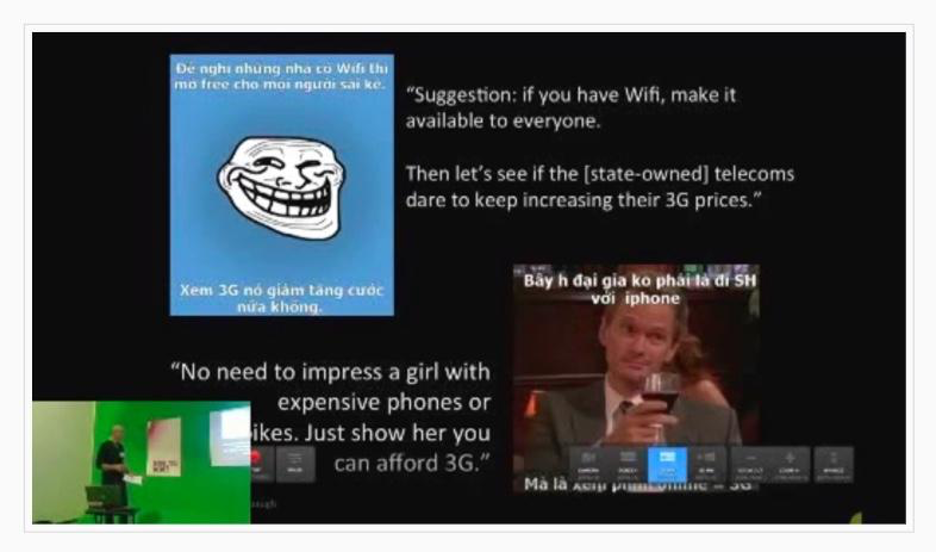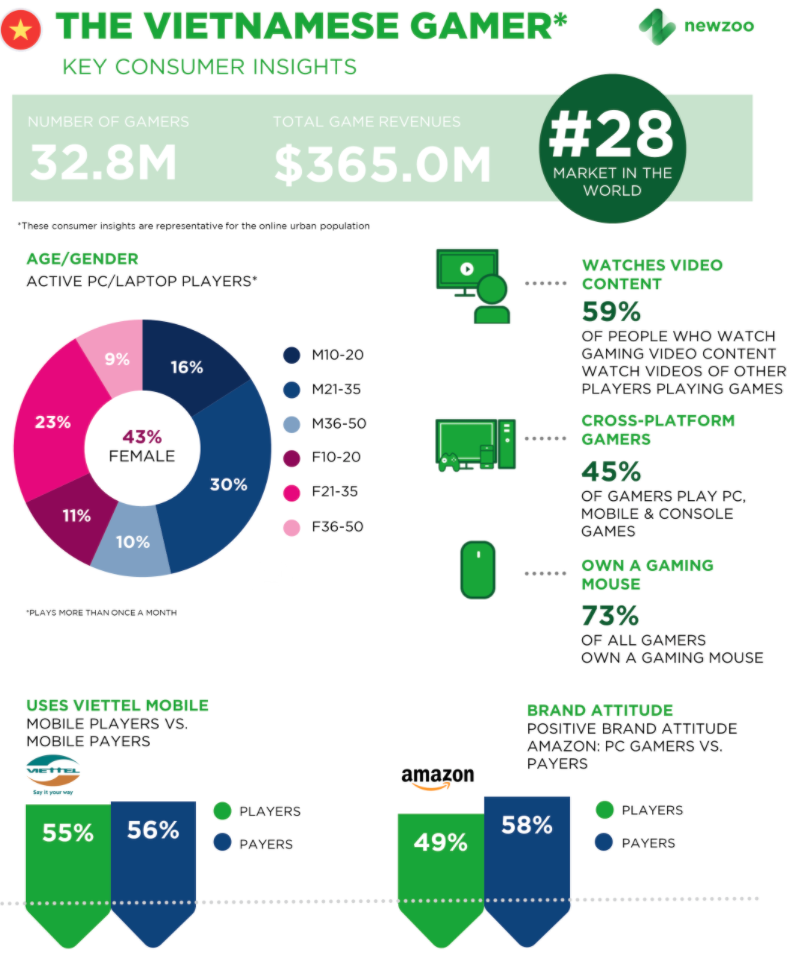Welcome to article 3/3 focused on social media usage and gamification in Vietnam. In the last article of the Vietnam series, we will cover the prolific meme culture in Vietnam and the use of social to make a public political stance. We’ll also discuss digital gaming and the boom in consumption that can’t be ignored. It’s important to remind yourselves to take a step back and remember what is core to the success of your campaign – your audience and what makes them tick. A brand will only succeed with a strong understanding of the market and its audiences.
To elevate our knowledge and conduct better campaigns for our clients, Digital Business Lab decided to partner with Dr Crystal Abidin (PhD in Anthropology & Sociology, and Media Studies) and conduct deep research in Singapore, Indonesia, Vietnam, and Thailand. Dr Crystal Abidin specializes in influencer cultures, online visibility, and social media pop culture, especially in the Asia Pacific region.
For this series about Vietnam, we will dig deeper into a country that is known for its beaches, bustling cities, and Buddhist pagodas. A place that offers some of the best street food in the world, from bun ca to pho. Of course, the greatest asset of Vietnam is its people. Regaining independence and sovereignty in 1975 after the Resistance War, Vietnam is no longer associated with loss and pain. After more than 40 years of independence, Vietnam has taken on a different face, a face of courage, openness, and creativity.
The Popular use of Social Media Channels in Vietnam
- Blogging and microblogging are popular, with over 3 million locals owning personal blogs (Bui 2016) at times to organize campaigns or challenge state authority. Social media has also become an important outlet for citizens to share a public opinion, participate in social activism, and collectively act on issues concerning.
💡 Takeaway: Brands need to be aware of the importance in Vietnam of social media platforms being a place where users can share their open and direct opinions on public matters. Brands may need to take a step back and re-think whether this really should be a commercial opportunity in Vietnam.
- Facebook is an important site for resisting government control, with a “majority of the 18,000 journalists licensed by the state” using their personal accounts to interact with others (Bui 2016). In response, mainstream media is pressured to move online and onto mobile sites.
💡 Takeaway: When curating content and sharing links to news, articles, updates, etc. on corporate social media accounts in Vietnam, companies should be careful to look into the source.
- Meme culture is prolific in Vietnam, especially on sites like 9GAG and Tuyết Bitch Collection Facebook page, which contains remixes of screengrabs from Disney films with Vietnamese text and socio-cultural references (Tuyết Bitch Collection 2020).
💡 Takeaway: Vietnamese web users have embraced internet memes, which uses a mixture of humor and ridicule to create a new lens with which to view everything from pop culture. to daily life. A theme that brands could use across their social media channels in Vietnam, particularly those with a Millennial target audience.

Old header image for ‘Tuyết Bitch Collection’ Facebook group
- There have been prolific incidents of citizens using viral memes and remixes to create parodies that criticize the state, and these contents have been censored or blocked (Sharbaugh 2014)
💡 Takeaway: Brands must be careful with how they choose to infiltrate the meme culture in Vietnam. They must remain independent and not take a stance or create anything that could be deemed offensive to the state.

Examples of Vietnamese-made memes critiquing internet affordances
Gamification in Vietnam
- Digital gaming is becoming a popular form of leisurely consumption with more than one-third of the population considered gamers (McCauley et al. 2020), and video game revenue ranked 28th worldwide (Newzoo 2017)
💡 Takeaway: A key trend in Vietnam for a brand’s social media campaigns would be to tap into is the gamification of their social media campaigns and channels.
- Vietnamese gamers were found to be more focused on “game aesthetics as a motivation play” than as compared to players from Western countries (McCauley et al. 2016, McCauley et al. 2017)
💡 Takeaway: The Vietnamese resonate more with the look and feel of products, rather than the technicality. A big USP that brands can call out when promoting products on social media in Vietnam, should be the style and design.

Research data from a study on Vietnamese gamers (Newzoo 2017)
Explore article 1 & 2 of this series:
- ① Cultural social media insights in Vietnam [ Research ]
- ② Social Media Penetration in Vietnam [ Research ]
Explore our other Market Research in Asia:
- ① Cultural social media insights in Singapore [ Research ]
- ② Social media marketing in Singapore [ Research ]
- ③ Online marketing in Singapore [ Research ]


